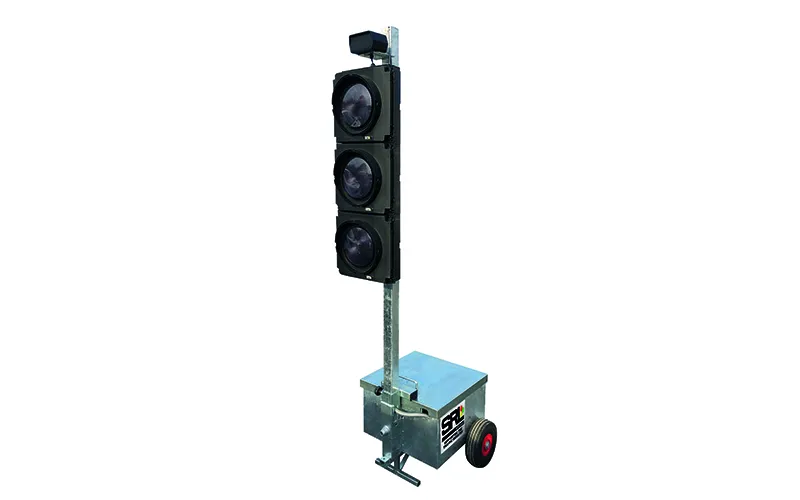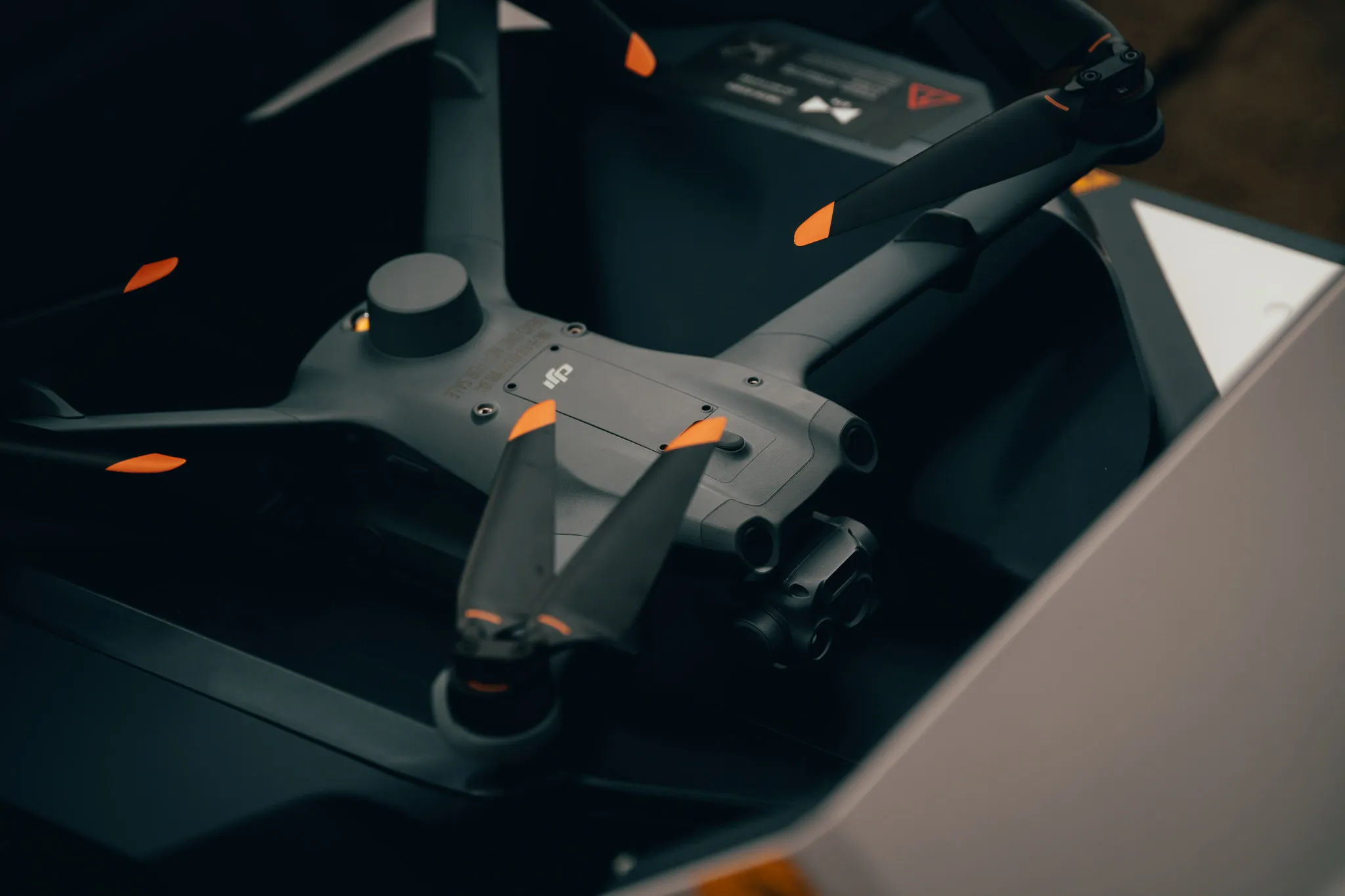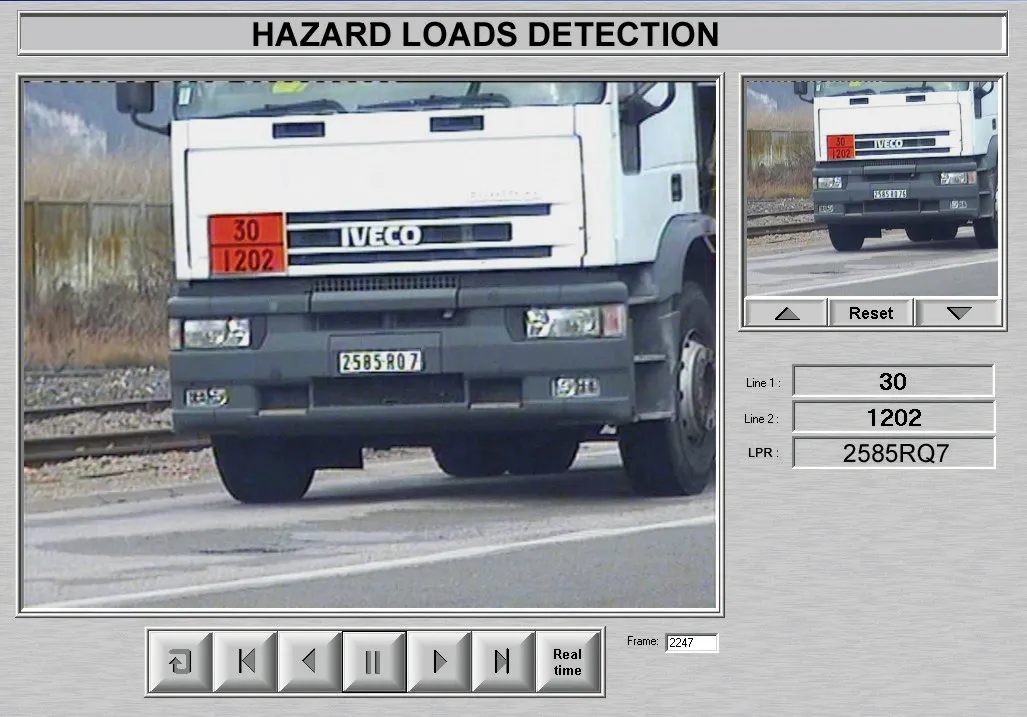
SRL Traffic Systems, a manufacturer and supplier of mobile intelligent transport system equipment, says its Multiphase ADS – adaptive detection system - was independently modelled by Ian Routledge Consultancy. The manufacturers says that it is the only portable and temporary traffic detection solution to have been independently modelled.
The modelling used traffic flow data and PTV Vissim with three-way control in a heavily saturated tidal flow location in Yorkshire, England. It demonstrated that the impact of replacing a basic logic traffic light system with Multiphase ADS can be a reduction in average queue length of 50%.
There was also a reduction in maximum queue length of 29%; a reduction in average journey time at the junction of 22%, increasing to 40% during peak flow; and a reduction in journey time for the route with the highest flow of traffic of 52%.
SRL, based in Manchester, England, launched Multiphase ADS traffic light detection technology at the end of last year and it may be used in conjunction with the Eurolight Master temporary and portable traffic lights. Multiphase ADS is the only portable and temporary ADS solution to offer two, three and four-way control, according to SRL.
Multiphase ADS is especially effective in areas of tidal traffic flow because of its ability to reduce the build-up of traffic moving in a single direction. It works by connecting a high-accuracy radar detector, which collects data about real-time traffic volumes and speeds, to portable and temporary traffic lights.
It does so by using an algorithm that adjusts green time accordingly, taking into account the accommodation of HGV start lag.
“The demand for smart technologies capable of cutting congestion has never been greater,” said Adrian Murphy,
chief operating officer for SRL Traffic Systems. “We are proud to be able to offer a multiphase solution with the proven capability of slashing queue lengths and waiting times, improving road users’ experience of roadworks.”









